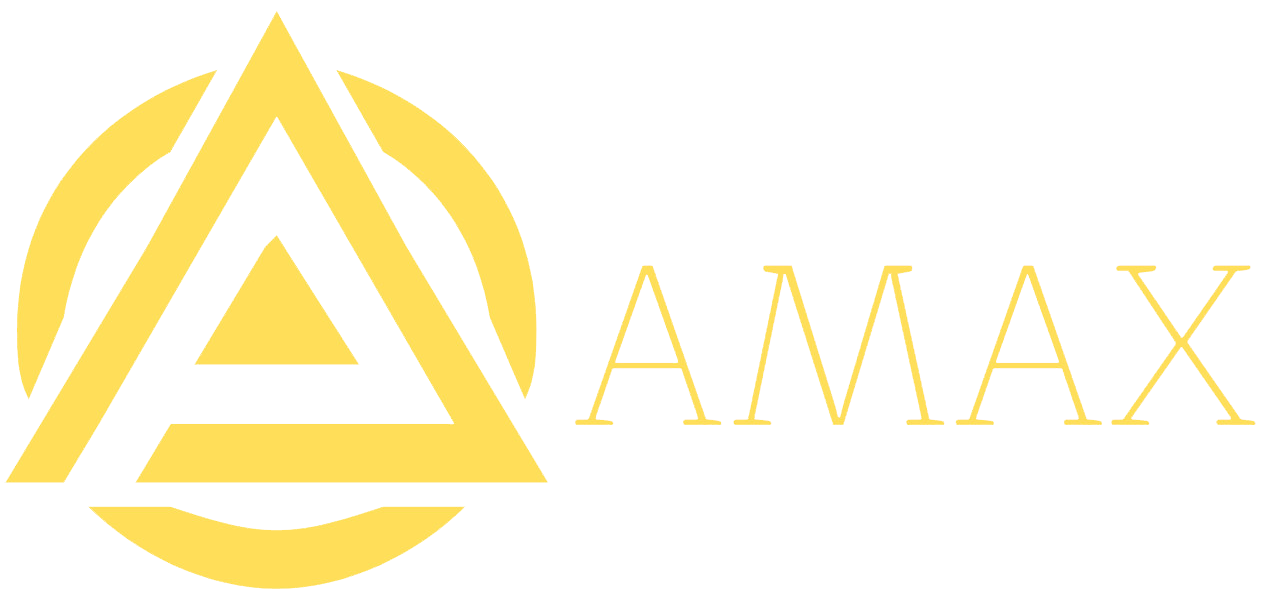- Reshaping Perspectives: Navigate the complexities of news today for a clearer vision of your future.
- The Shifting Landscape of Information
- The Role of Social Media in News Dissemination
- The Rise of Misinformation and Fake News
- Developing Media Literacy Skills
- The Importance of Diverse Perspectives and Responsible Consumption
Reshaping Perspectives: Navigate the complexities of news today for a clearer vision of your future.
In today’s rapidly evolving world, staying informed is more critical than ever. The constant stream of information, often referred to as news today, can be overwhelming, making it challenging to discern fact from fiction and to understand the complex issues shaping our lives. Navigating this landscape requires a discerning eye, a commitment to critical thinking, and access to reliable sources. Effective consumption of information is no longer a passive activity but an active skill essential for responsible citizenship and informed decision-making.
This article delves into the intricacies of modern information consumption, exploring the challenges, opportunities, and strategies for navigating the complexities of the current media environment. We will examine the impact of social media, the rise of fake news, and the importance of media literacy. Ultimately, the goal is to equip readers with the tools to become more informed and engaged citizens, capable of making sound judgments based on factual information.
The Shifting Landscape of Information
The way we receive information has undergone a dramatic transformation in recent decades. Traditionally, news was primarily disseminated through established media outlets like newspapers, television, and radio. These sources, while not without their biases, generally adhered to journalistic standards of fact-checking and objectivity and offered a degree of editorial oversight. However, the rise of the internet and social media has disrupted this model, creating a more fragmented and decentralized information ecosystem.
The Role of Social Media in News Dissemination
Social media platforms like Facebook, Twitter, and Instagram have become major sources of news for millions of people. While these platforms offer the benefit of instant access to information and the ability to connect with diverse perspectives, they also present significant challenges. The algorithms that govern these platforms often prioritize engagement over accuracy, leading to the spread of sensationalized or misleading content. This can create echo chambers, where individuals are only exposed to information that confirms their existing beliefs, further polarizing society.
| 1,977 | Shared Links, News Feed | |
| X (formerly Twitter) | 550 | Real-time Updates, Shared Links |
| 2,000 | Stories, Visual Content | |
| TikTok | 1,000 | Short-Form Videos |
The Rise of Misinformation and Fake News
The proliferation of misinformation and “fake news” poses a serious threat to informed public discourse. False or misleading information can manipulate public opinion, erode trust in credible institutions, and even incite violence. The speed and reach of social media amplify the impact of these harmful narratives, making it difficult to contain their spread. Distinguishing between legitimate news sources and fabricated content requires critical thinking skills and a healthy dose of skepticism.
Combating misinformation requires a multi-faceted approach. Fact-checking organizations play a crucial role in debunking false claims, but their efforts are often overwhelmed by the sheer volume of disinformation. Social media platforms have a responsibility to address the issue on their platforms, but they face challenges related to free speech and content moderation. Ultimately, individuals must take responsibility for verifying the information they consume and share.
Developing Media Literacy Skills
Media literacy is the ability to access, analyze, evaluate, and create media in a variety of forms. It is an essential skill for navigating the complex information landscape of the 21st century. Media literacy education equips individuals with the tools to critically assess news sources, identify biases, and discern credible information from misinformation. This includes understanding the difference between news reporting, opinion pieces, and advertising.
- Source Evaluation: Consider the reputation and credibility of the source.
- Fact-Checking: Verify information with multiple sources.
- Bias Detection: Identify potential biases in reporting.
- Contextual Awareness: Understand the broader context of the news story.
- Lateral Reading: Investigate the source’s claims by researching them on other websites.
The Importance of Diverse Perspectives and Responsible Consumption
Seeking out a variety of perspectives is crucial for forming a well-rounded understanding of complex issues. Relying on a single news source, or only consuming information that confirms existing beliefs, can reinforce biases and limit critical thinking. Actively seeking out diverse viewpoints can challenge assumptions, broaden understanding, and ultimately lead to more informed decisions.
Responsible news consumption also involves being mindful of the emotional impact of the information we consume. Constant exposure to negative or sensationalized news can contribute to stress, anxiety, and disengagement. Taking breaks from news consumption and prioritizing mental well-being are essential for maintaining a healthy relationship with information.
- Be aware of your emotional reactions to news stories.
- Limit your exposure to sensationalized or overly negative content.
- Seek out positive news stories and solutions-oriented journalism.
- Practice mindfulness and take breaks from news consumption when needed.
- Engage in constructive dialogue with others, even those with differing viewpoints.
The ability to critically evaluate information is paramount in an age of overflowing data. The key to navigating this era successfully lies not in abstaining from consuming news today, but in becoming discerning and informed consumers of it. By adopting these practices, we can empower ourselves to make informed decisions and actively participate in shaping a more just and equitable world.

